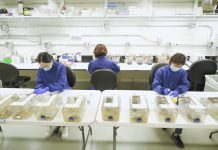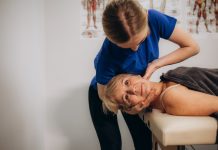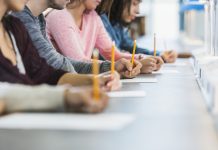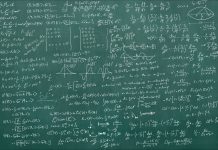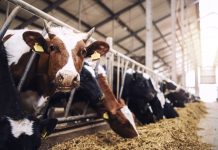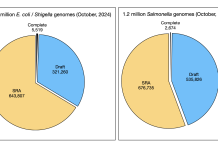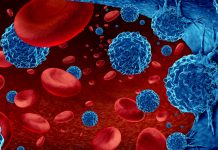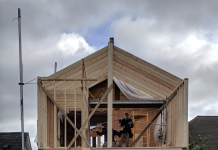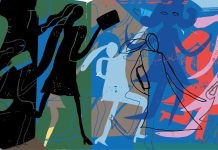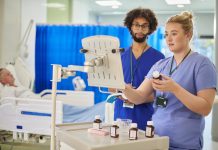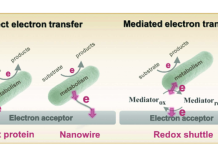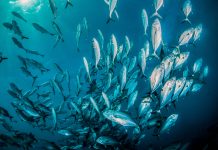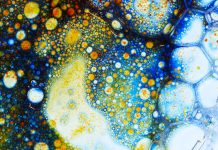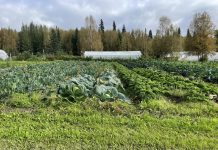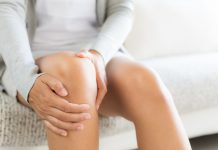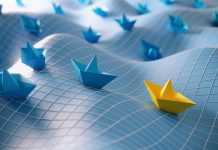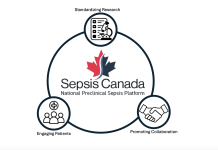Open Access Government produces compelling and informative news, publications, eBooks, and academic research articles for the public and private sector looking at health, diseases & conditions, workplace, research & innovation, digital transformation, government policy, environment, agriculture, energy, transport and more.
Home 2024
Archives
MMPC-live: Accessible resources for phenotyping of live mouse models of diabetes and obesity
Professor Carol F. Elias, from the University of Michigan’s Department of Molecular & Integrative Physiology, discusses key research opportunities enabled by the NIDDK Mouse Metabolic Phenotyping Center in live models – MMPC-Live.
Joint manipulation, a hands-on therapeutic technique
Rob Sillevis from the Marieb College of Health and Human Services explores joint manipulation, a hands-on therapeutic technique designed to relieve pain, improve mobility, restore joint function, and enhance patient functionality.
Rethinking schools: How the philosophy of education holds the key to real change
Stephanie Schneider, an Associate Professor at the State University of New York at Old Westbury, discusses the importance of examining fundamental philosophical questions regarding the purpose of education and the values it should promote.
A mathematical mindset approach to student learning
Jo Boaler, Nomellini and Olivier Professor in the Graduate School of Education (Mathematics) at Stanford University, explores a mathematical mindset approach to student learning.
The national animal nutrition program: Digital – editable – perennial – accessible
The National Animal Nutrition Program (NANP) aims to enhance animal nutrition and feeding management while actively addressing concerns shared by livestock producers, environmentalists, and policymakers both nationally and globally. Here, they share insights about their work.
E. coli genomes, big data, and messy biology
Here, David Ussery from the Department of BioMedical Informatics, UAMS, details E. coli genome diversity, big data, and messy biology. New methods, we discover, allow for the comparison of millions of bacterial genomes in a few days and the confident assignment of taxonomic clusters.
A novel approach to cancer chemotherapy
Richard F. Ludueña, Professor Emeritus at the University of Texas Health San Antonio, discusses his innovative approach to cancer chemotherapy, which could significantly enhance its effectiveness.
Modern architecture: A house deconstructed
Mark Jarzombek and Vikramaditya Prakash, Co-Founders of the Office of (Un)Certainty Research (a collaboration dedicated to rethinking modern architecture), take us on a journey of a deconstructed house.
Disrupting harmful gender norms: Youth at the centre
Dr Claudia Mitchell, Director of the Participatory Cultures Lab, Department of Integrated Studies in Education (DISE). McGill University, tells us about the TRANSFORM project aimed at disrupting harmful gender norms and mobilizing for social change.
A call to action: Supporting our nursing workforce through improved transition to practice
Dr. Kathryn Halverson, Assistant Professor in the Department of Nursing at Brock University, issues a call to action and a plea for help, urging us to listen to what new nurses are saying.
Building healthy sandy soils in agricultural landscapes
Lynette Abbott and Hira Shaukat from The University of Western Australia, provide insights into research on enhancing health in sandy soils.
Microbial extracellular electron transfer in the human gastrointestinal tract
Gratian Ting and Arpita Bose from Washington University in St. Louis discuss the fascinating role that extracellular electron transfer plays within the human gut.
Fish hearts expose toxic truth about our cardiovascular health
Professor Holly Shiels, from the University of Manchester, is the Director of the Company of Biologists and the President of the Fisheries Society of the British Isles. She charts a toxic tide by tracing the path of pollutants from fish hearts to human cardiovascular health.
Mechanical energy at the origins of life
Did mechanical energy power life’s origins before chemical energy such as ATP was available?
First insights into global permafrost-agroecosystems and recommendations for policymakers
Melissa Ward Jones discusses a recent paper published in Arctic, Antarctic, and Alpine Research of the first global study on permafrost-agroecosystems, published by members of the International Permafrost Association Permafrost-agroecosystem Action Group.
Mobilizing pain care knowledge in Canada
Norm Buckley and Jason Busse from the Michael G. DeGroote Institute for Pain Research & Care discuss the mobilization of knowledge about the pain environment in Canada, focusing on the role of an ad hoc community-based organization.
Why and how systemic change overcomes ineffectiveness
Michael Beer, from Harvard Business School, provides insight into why and how systemic change overcomes ineffectiveness in organizations.
Making preclinical sepsis research stronger, faster, and more responsive to patients
Sepsis represents a significant global burden. The National Preclinical Sepsis Platform (NPSP) is leading vital sepsis research, informing policy, driving innovation, and ultimately saving lives.
“It’s not your fault!”: Aging and the dilemmas of literacy in a digital world
As the world becomes increasingly digitally focused, Kim Sawchuk, Director of engAGE: Centre for Research on Aging, Concordia University, examines what this shift means for older adults trying to navigate media literacy.
Seasonality and climate change: Challenges for physical activity in older adults
Research indicates seasonal variations in physical activity levels among adults in different climates due to temperature and humidity. Climate change’s increasing extreme weather may significantly affect physical activity in older adults already struggling to meet activity guidelines. Isabelle J. Dionne from the Université de Sherbrooke explains.

